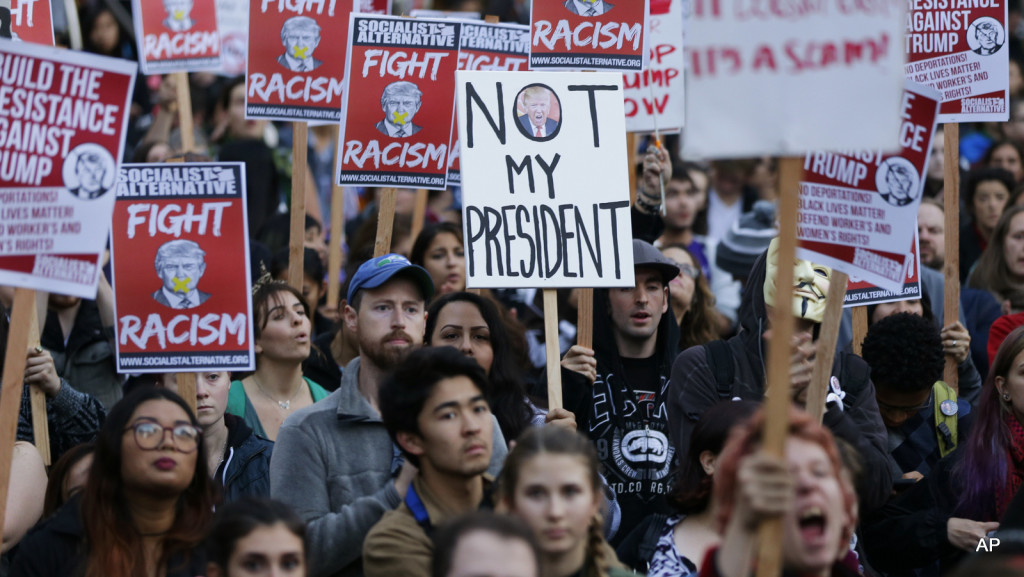Guest columnist: James Hornback, Alliant University, California School of Professional Psychology (CSPP), Class of 2017
What social identities do you currently identify as most central to you?
James… being African American, Gay, and Older are only three parts of the factors that make me who I am, so I prefer my social identity to be summed up as simply James.
Describe one challenge you’ve experienced in graduate school related to intersecting identities. How did you navigate it and what did you learn from the experience?
The most challenging aspect of my experience in graduate school has not been my ethnicity or sexual orientation, but my age. I will soon be fifty-four years old, which has placed me in an entirely different segment, not only in my cohort, but also in my campus’ student population. I make my age an open acknowledged difference between myself and my fellow students, pointing out that I have life experiences that shape my perceptions, both in class and out, that color my interactions. It’s actually become, for the most part, a non-issue and a learning experience for everyone involved; including the professors who may be younger, older or relatively of my age. It keeps things interesting!
How have you found support and spaces to talk about your intersecting identities as they relate to graduate school and your quality of life?
I put myself out there. I am out about my sexual orientation and I cannot hide my ethnicity, and I’m outspoken. I stand up for myself and about issues within the department that hinder our ability to achieve our goals, and push for active participation in multicultural and social justice based causes.
Editor’s Note: This column is part of a series highlighting the experiences of students and professionals with diverse intersecting identities and was created by the APAGS Committee on Sexual Orientation and Gender Diversity and the Committee for the Advancement of Racial and Ethnic Diversity. Are you interested in sharing about your own navigation of intersecting identities in graduate school? We would be happy to hear from you! To learn more, please contact Heather Dade.
Check out previous posts in this series:


![MPj04383850000[1]](http://www.gradpsychblog.org/wp-content/uploads/MPj043838500001-1024x684.jpg) As a part of their graduate coursework, all students in the applied psychology fields (clinical, counseling, and school psychology) are required to obtain clinical training. International students in these graduate programs often experience unique challenges in their training to become mental health professionals. In addition to problems typically experienced by their domestic counterparts, they face unique challenges such as adjusting to a new culture and, for many, learning to conduct therapy in a new language (Mittal & Wieling, 2006). These language and cultural barriers affect more than just the academic, counseling, and supervision experiences of these trainees; they take a toll on stress-levels, health, and well-being (Nilsson, 2007).
As a part of their graduate coursework, all students in the applied psychology fields (clinical, counseling, and school psychology) are required to obtain clinical training. International students in these graduate programs often experience unique challenges in their training to become mental health professionals. In addition to problems typically experienced by their domestic counterparts, they face unique challenges such as adjusting to a new culture and, for many, learning to conduct therapy in a new language (Mittal & Wieling, 2006). These language and cultural barriers affect more than just the academic, counseling, and supervision experiences of these trainees; they take a toll on stress-levels, health, and well-being (Nilsson, 2007).